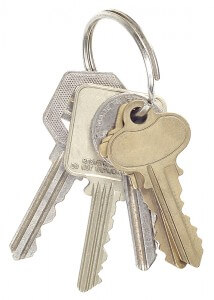While family structures vary from one family to another, the word family is synonymous with togetherness. This is especially true when it comes to immigration and what it means to be together as a family in the United States of America. Brownstein & Nguyen, Atlanta Georgia immigration lawyers, have experience working with thousands of families over the years to help them bring them together in our great country.
 United States citizens and permanent legal residents can petition for a green card for various family members. A United States citizen can also able to sponsor a spouse, child, parent, or sibling, while a permanent legal resident is able to petition for a spouse or child. When petitioning for a family member to be granted a green card, the petitioner is known as the “sponsor” and the recipient family member is known as the “beneficiary.”
United States citizens and permanent legal residents can petition for a green card for various family members. A United States citizen can also able to sponsor a spouse, child, parent, or sibling, while a permanent legal resident is able to petition for a spouse or child. When petitioning for a family member to be granted a green card, the petitioner is known as the “sponsor” and the recipient family member is known as the “beneficiary.”
There are many steps involved in filling out and acquiring and providing the government with proper supporting documentation for the Petition for Alien Relative form (Form I-130). The process can be quite involved. While one could attempt to complete the form and apply for a visa or green card without a lawyer’s assistance, hiring an experienced immigration attorney may make all of the difference in the world. When filing a petition, it may be approved or denied. If approved, sponsored relatives must know and precisely follow the steps required to complete the processing of their visa. An experienced immigration lawyer will provide guidance in these next steps. Additionally, if a petition should be denied, the appeal process is familiar for experienced immigration lawyers.
If you are considering sponsoring a spouse, child, parent, or sibling, contact Atlanta immigration lawyers Brownstein & Nguyen. When it comes to something as important as family immigration and togetherness, it is okay to lean on experts. Brownstein & Nguyen is qualified and experienced in navigating the legal landscape of sponsoring a family member for a green card. Contact Brownstein & Nguyen for a free consultation. With over 20 years of experience, our track record speaks for itself.




